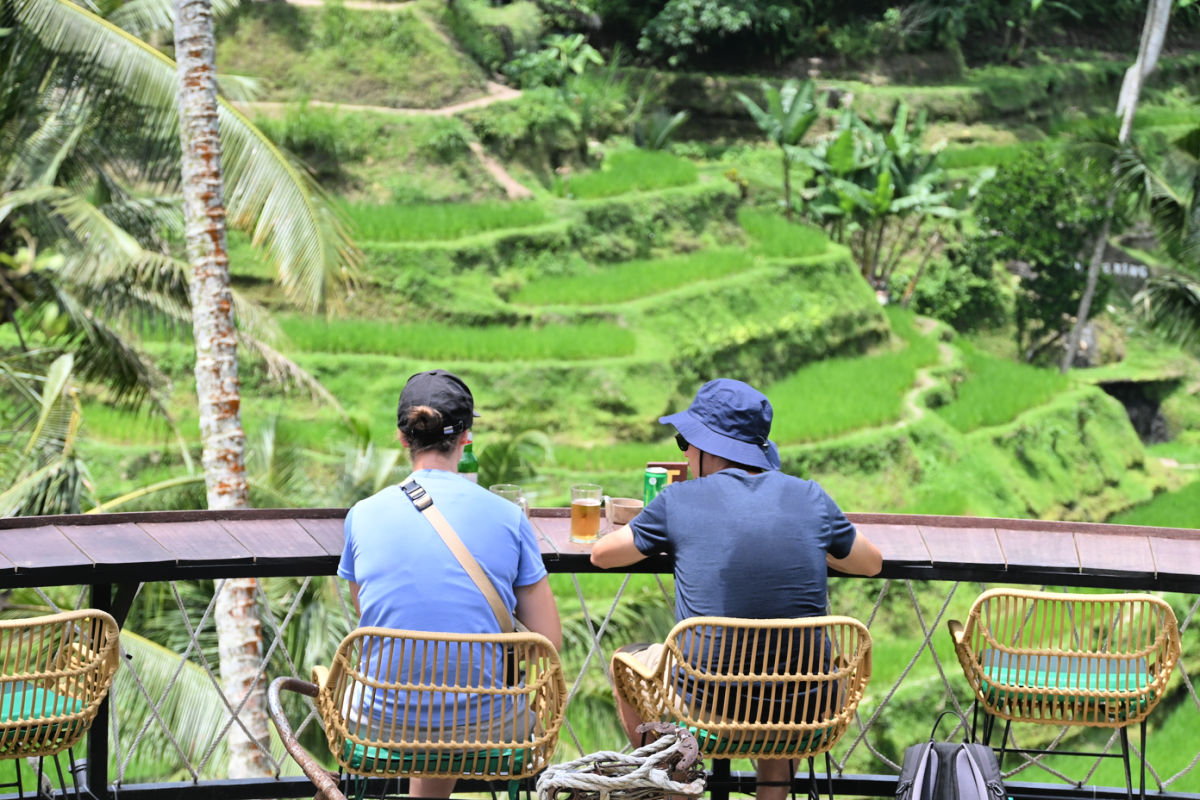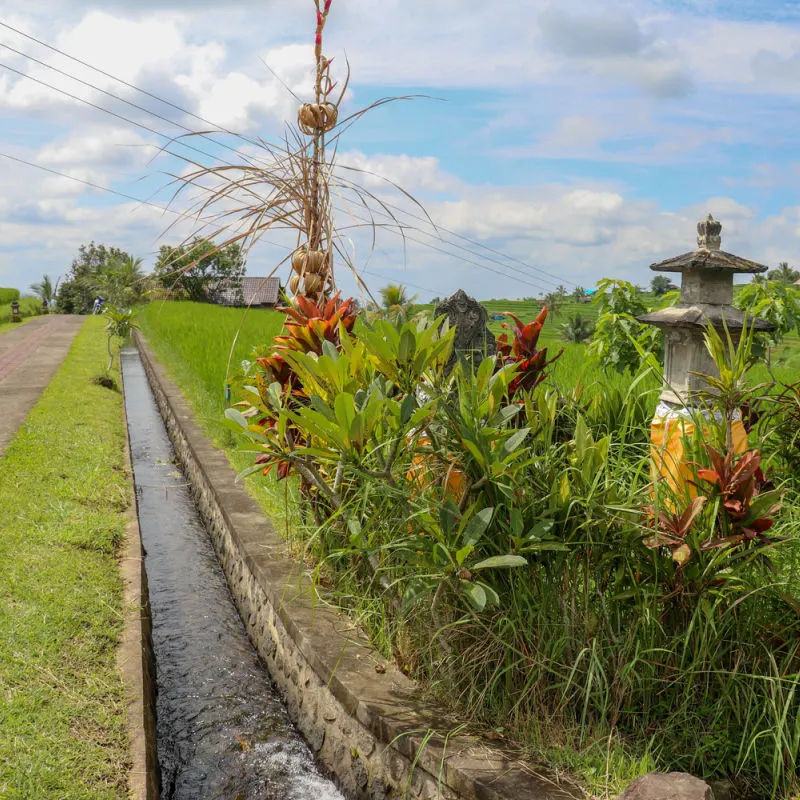Share The Article
Airbnb has launched a collaboration with UNESCO to create the “Bali Cultural Guidebook” to help support tourists during their travels and help them explore lesser-visited cultural destinations.
Airbnb and UNESCO have a significant influence on the tourism sector in Bali, and this initiative is hoped to highlight the positive impact the trade industry can have.

The new Bali Cultural Guidebook is an initiative aimed at preserving and promoting the island’s unique cultural heritage, while encouraging equitable and responsible tourism by empowering local communities and homestay hosts to become cultural ambassadors.
According to Mich Goh, Director of Public Policy for Airbnb Asia Pacific, research conducted by the platform shows that 90% of tourists and travelers heading to the Asia Pacific region are seeking authentic cultural experiences.
Goh told reporters, “At Airbnb, we believe that travel becomes more meaningful when we can create genuine connections, not just with places but also with people and cultures.” The launch event for the Bali Cultural Guidebook took place at the GWK Cultural Park on Wednesday afternoon.
The guidebook is the result of cultural mapping conducted by UNESCO in the latter half of 2024. The work documented local cuisines, arts and crafts, living traditions, and historical sites across five regions of Bali, of most interest to tourists: Badung Regency, Bangli Regency, Buleleng Regency, Gianyar Regency, and Tabanan Regency.
The guidebook is an information resource designed to help deepen the understanding of homestay and Airbnb hosts, inspire travelers, and help strengthen ties across the cultural tourism sector on the island. The mission to help empower local hosts is clear.
The work is set to help local communities and hosts become skilled cultural ambassadors through specialised training and enhanced cultural mapping to help them feel confident in the knowledge they have of cultural customs across the island, and most importantly, how to effectively and inspiringly share this knowledge with tourists.
The guidebook and training program are naturally rooted in the Balinese philosophy of Tri Hita Karana, which promotes harmony between humans, the spiritual realms, and the natural world.
UNESCO Culture Programme Specialist, Moe Chiba, told reporters that homestay hosts and local accommodation providers play a vital role in both preserving and promoting local culture and heritage.

Chiba explained, “Cultural heritage isn’t just about monuments, but also about the daily lives of local people. This program ensures that tourism showcases and strengthens everyday culture, not weakens it.
The Bali Cultural Guidebook highlights important topics like the Balinese Subak System, which has UNESCO World Heritage Protected Status. As well as a guide to the most important temples, historical sites, landscapes, and culinary traditions.

The Head of the Bali Tourism Office, Wayan Sumarajaya, told reporters, “This initiative not only captures and celebrates Bali’s rich culture but also positions local communities as business actors in advancing sustainable cultural tourism.”
Sumarajaya also conveyed a message from Bali Governor Wayan Koster, who shared, “By introducing Bali not only through its beaches and resorts but also through authentic stories about people’s lives, meaningful rituals, and cultural landscapes passed down through generations.”

Moving forward, there will also be a focus on promoting traditional homestays through Airbnb in lesser-visited areas of the island. Community Leader for the Airbnb Host Community, Ayu Martiasih, told reporters that homestay businesses typically fall within the MSME business category, where nightly room rates are below IDR 700,000.
Martiasih shared, “For example, one with a price tag above IDR 700,000 is no longer available. Perhaps it’s no longer categorized as an MSME. Some of them should be located in areas with UNESCO status. We’d be happier if our friends in Bali benefited from Airbnb.”
Discover more from The Bali Sun
Subscribe to get the latest posts sent to your email.
